What is Kundalini Awakening? (19 intense symptoms)
Sooner or later on the spiritual awakening journey, we all taste the mysterious and intense kundalini energy …
It might be smooth and subtle, or intense and explosive, but whatever the case, kundalini is a primal force of awakening.
In fact, sometimes people can experience full-blown kundalini awakenings spontaneously without any prior experience (or interest) in spiritual growth or transformation.
Have you experienced a kundalini awakening?
If you’re curious to discover whether you’re going through kundalini awakening or something else entirely, keep reading.
What is a Kundalini Awakening?
Put simply, a kundalini awakening is a form of energetic awakening that causes us to transform on the mental, emotional, and spiritual levels.
Kundalini itself is a Sanskrit word that means “she who is coiled” – it refers to primordial life force energy contained at the base of the spine that is often depicted as a snake. This serpentine energy, once awoken, travels up the various energy centers (or chakras) of the body and into your crown chakra where higher consciousness is triggered. The result of this higher awareness is a greater understanding of one’s soul (or True Nature), life purpose, and the nature of reality itself.
19 Symptoms of the Kundalini Awakening
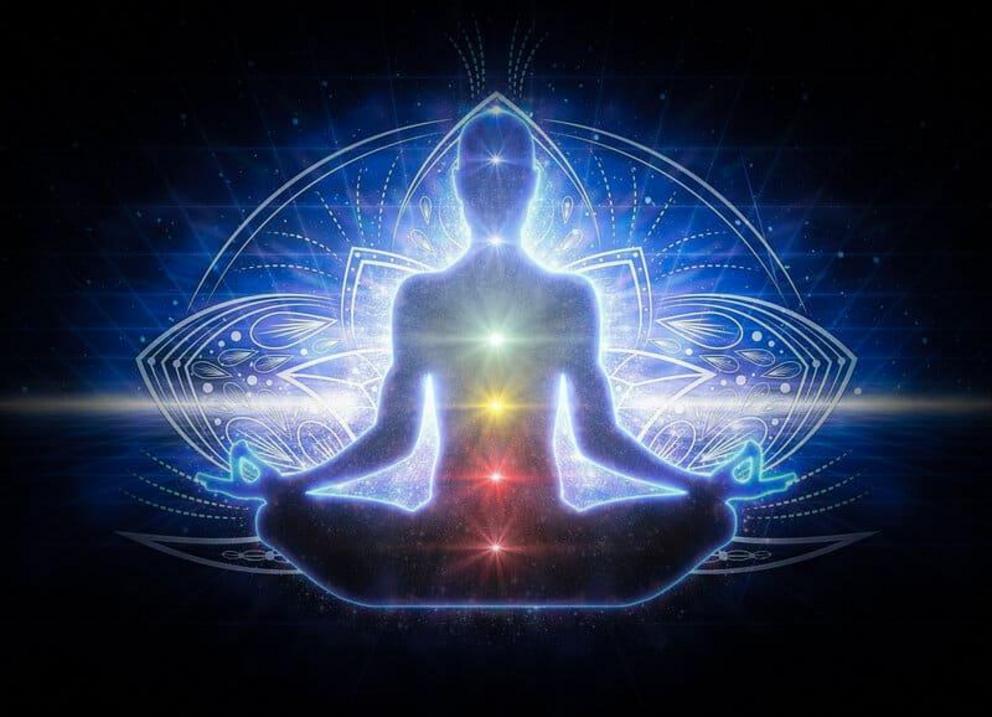
As divine feminine energy, kundalini usually lies dormant in the root chakra (base of the spine). However, there are a number of different situations where kundalini can be suddenly awoken spanning from trauma to drug use, all the way to years of targeted practice (such as through tantra or kundalini yoga).
Below, I’ve divided kundalini awakening symptoms into two groups: “light” and “dark” signs. Please note that kundalini energy is neither good nor bad, it’s a primordial force that simply lives within us. However, to the human mind, some of these experiences are pleasant and others are extremely unpleasant:
‘Light’ Kundalini Awakening Symptoms
- You feel a spiritual connection with the Divine that transcends the ego
- You are bathed in bliss and boundless love
- You experience periods of Oneness where your compassion for humanity increases
- You tap into extrasensory abilities (ESP) and/or develop extraordinary gifts
- Pleasurable sensations pulsate through your body
- You’re inspired to make big, life-altering decisions and authentic changes in your life
- Synchronicity (i.e., meaningful or miraculous coincidences) increases tremendously
- You have profound insights into your behavior and past experiences
- Your empathic abilities strengthen and you can feel everything at a profound level
- You begin to understand the nature of the mind and how it influences reality
- You keep receiving big, cosmic “downloads” of information (soul communication)
‘Dark’ Kundalini Awakening Symptoms
- You experience intense, involuntary shaking of the body that can be alarming
- Your nervous system becomes hypersensitive to external stressors (bright light, TV violence, loud noises) and shuts down or craves total solitude
- You struggle to sleep properly
- You experience sudden and shocking moments of ego death
- You have visual disturbances that can feel alarming (e.g., objects seeming to vibrate)
- You experience intense heat, vibrations, or electricity surge through your body
- It feels like you’re having a bad drug trip while sober
- You struggle to distinguish what is real from imagined (psychosis) and feel like you’re going crazy
Other Kundalini Awakening Symptoms
The above kundalini awakening signs are fairly common. However, as someone who has experienced the energy of kundalini move through move, I can say that it doesn’t happen in the exact same way for everyone.
One of the most recent experiences I’ve had, for instance, was preceded by two weeks of low scale feelings of ‘impending doom,’ followed by the kundalini energy gently moving from my head and down through my body into my stomach. The energy felt gentle, like a soft breath of wind, and when it reached my stomach, it felt like it was ‘working’ on something there. Then it melted away and vanished.
Here are some other, and perhaps less common, kundalini awakening symptoms:
- Feeling shattered (fragmented) or like you have no center
- Dreaming of snakes or seeing snakes everywhere (this is an alert from your subconscious mind)
- Feeling raw and extremely vulnerable, like a newborn child
- Manic and exuberant energy or the opposite, chronic fatigue (sometimes alternating)
- Frequent lucid dreams or vivid dreams
- Seeing lights or hearing music that isn’t there
- Tapping into your past life experiences (or other people’s)
- Entering spontaneous yoga poses (known as kriyas), mudras (hand poses), or pranayama (yogic breathing)
- Developing a Savior Complex or feelings of grandiosity
- Feeling intense grief for the planet and all suffering beings
- Out of body experiences where you (may/may not) connect with your Higher Self
- Visual and hearing changes
- Panic attacks and feelings of terror
- Strange food cravings or aversions
- Spontaneous orgasms
- Developing strange, undiagnosable physical symptoms that may manifest as autoimmune conditions, digestive issues, nausea, etc.
Have you experienced anything that has been mentioned above? Feel free to share your experience in the comments. This might help others who have undergone similar experiences to not feel alone.
Is Kundalini Awakening Dangerous?
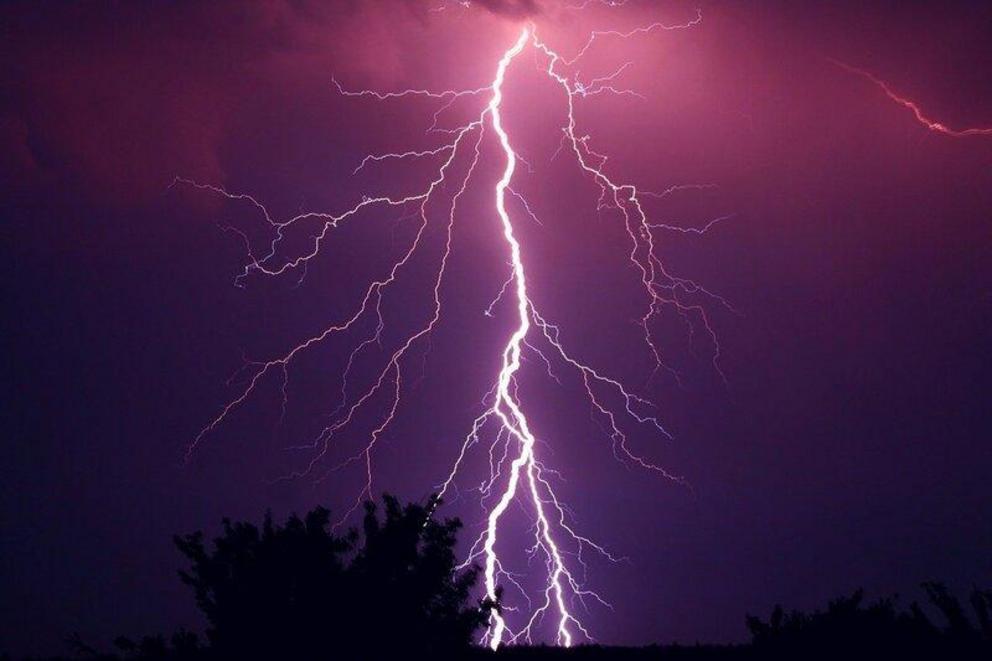
This is a fair question, especially considering some of the symptoms mentioned above.
To answer the question, yes and no. Kundalini energy isn’t innately dangerous or bad. It’s our energy blockages that limit the flow of kundalini that make it a painful, scary, and sometimes dangerous experience.
In Georg Feuerstein’s book Tantra: Path of Ecstasy, he explores why kundalini can go haywire:
Without prior cleansing of the nādī system, raising the serpent power (kundalinī-shakti) along the axial pathway is not only impossible but also very dangerous to attempt, for instead of entering the central channel (sushumnā-nādī) it is likely to force itself into the idā- or the pingalā-nādī, on either side of the central channel, causing immense havoc in the body and mind.
In other words, when kundalini is prematurely stimulated or aroused in an incorrect way (aka. through inadequate preparation and clearing of our energetic body), the results can be disastrous. Thankfully, the experience doesn’t last forever, and we’ll explore what to do if you’re experiencing the ‘dark side’ of kundalini awakening a little later.
But to further illustrate, Feuerstein goes on to quote the experience of yogi and mystic Gopi Krishna during his spontaneous kundalini experience. He writes:
There were dreadful disturbances in all the organs, each so alarming and painful that I wonder how I managed to retain my self-possession under the onslaught. The whole delicate organism was burning, withering away completely under the fiery blast racing through its interior. I knew I was dying and that my heart could not stand the tremendous strain for long. My throat was scorched and every part of my body flaming and burning, but I could do nothing to alleviate the dreadful suffering. If a well or river had been near I would have jumped into its cold depths, preferring death to what I was undergoing. . . . I racked my distracted brain for a way of escape, only to meet blank despair on every side. The effort exhausted me and I felt myself sinking, dully conscious of the scalding sea of pain in which I was drowning.
I’ll stop there because I know that this might be alarming to you (or alternatively, affirming, helping you to see that you’re not alone if you’ve experienced this).
In short: kundalini is a mighty potent force.
If you’re seeking to awaken it, be sure you know what you’re doing and seek out trustworthy guidance. This is not something to be trifled with.
Spiritual Awakening vs. Kundalini Awakening – What’s the Difference?
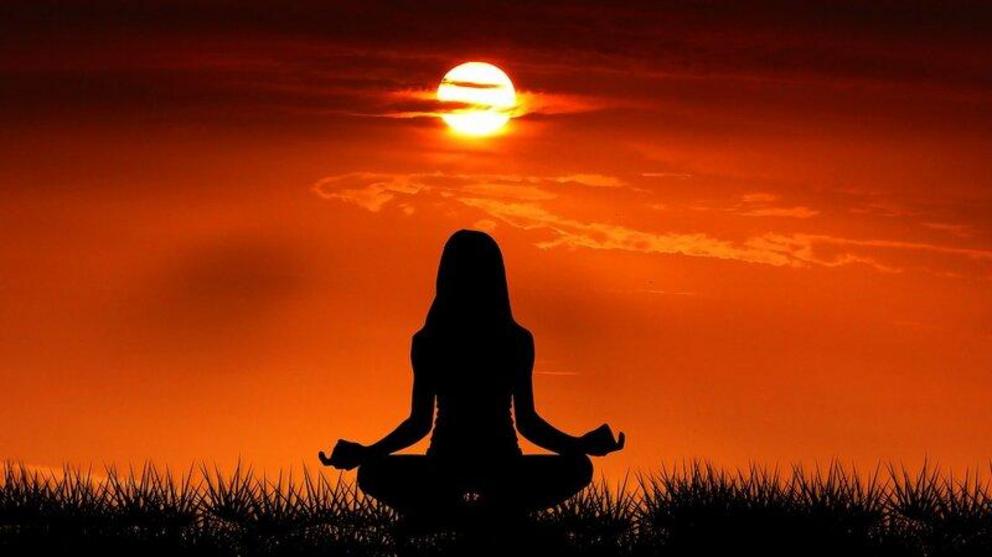
While the two sound the same, they’re slightly different in nature.
The spiritual awakening process (or ‘spiritual ascension‘) tends to be emotional and psychological. Kundalini awakening, on the other hand, is energetic: it’s a surge of energy that may be either gentle and gradual, or sudden and intense.
While kundalini awakening usually comes further down the road after someone has experienced a spiritual awakening, it doesn’t always. As mentioned previously, kundalini can arise suddenly in response to psychedelic drug experiences, sexual encounters, or even traumatic situations.
Another distinguishing factor is that kundalini energy is felt very physically whereas the spiritual awakening is usually more mind and heart oriented. So while intense vibrations and heat may be felt in the body during kundalini awakening, during spiritual awakening there is more of a soulful quality of deep questioning, insight, and transfiguration (some refer to this as spiritual alchemy).
Can someone experience both spiritual awakening and kundalini awakening at the same time? Yes, absolutely. And it’s for this reason that both tend to lead to experiences of the Dark Night of the Soul (or the inevitable after-effect of having felt like one has ‘lost touch’ with the Divine). Ultimately, they are two sides of the same coin.
5 Hidden Traps of Kundalini Awakening
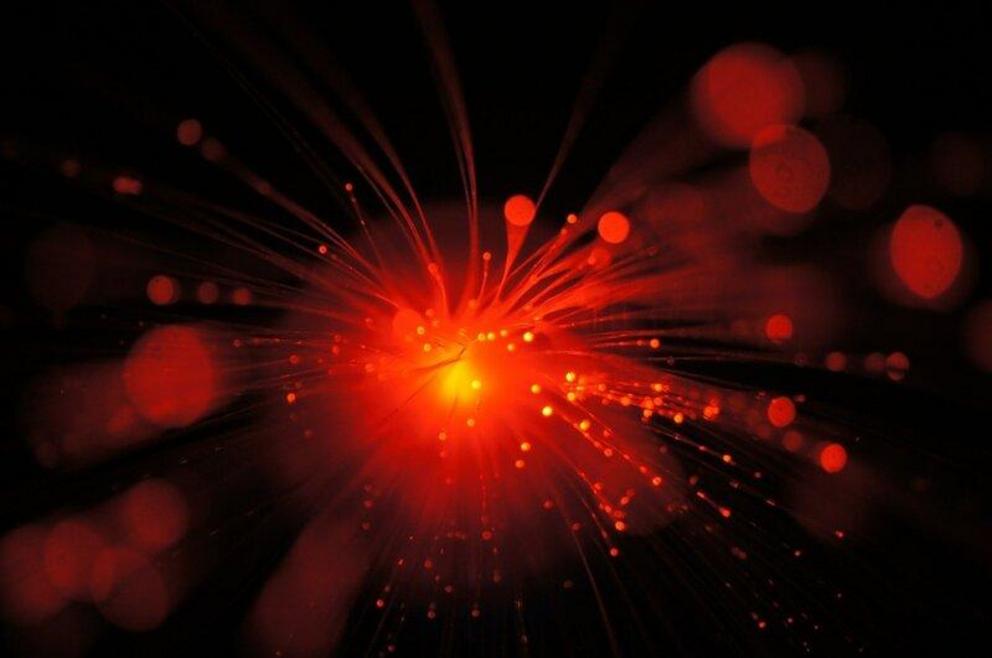
The kundalini shakti bestows liberation on yogins and bondage on the ignorant. – Svātmarāma (15th century yogi master)
Kundalini awakening is a life-changing mystical experience that can feel magical, ecstatic, and profound. And it is. But there are also many hidden traps we can fall into after we’ve emerged out of the other end.
Some of these traps involve:
- Spiritual superiority – seeing yourself as “more awake” than others and looking down on those who are not as advanced or still “asleep” (also known as the spiritual ego)
- Savior complex – adopting a disproportionate sense of self-grandiosity and specialness, believing that you’re sent to “save the world” (e.g., for those who have undergone kundalini psychosis, this can even mean believing they’re Jesus Christ or the next Buddha)
- Grasping and attachment – desperately trying to hold onto the blissful experiences of the kundalini awakening and being miserable (even entering crisis mode) when it’s inevitably lost (this can result in spiritual materialism)
- Spiritual nihilism – taking universal truths and misapplying them to a human level, e.g., “all is an illusion,” “nothing ultimately matters” which breeds a sense of dissociation, emptiness, and cynicism
- Avoidance – avoiding or spiritually bypassing everyday responsibilities and focusing only on “higher spiritual matters” (this is essentially a way for the ego to avoid growing up and integrating the experience at a human level)
How to Handle a Kundalini Awakening

If your kundalini has awoken and you’re feeling overwhelmed, here’s some guidance:
1. Be gentle with yourself and take care of your nervous system
Likely, your nervous system is going into overdrive if you’re having a painful kundalini experience. Some ways to calm your nerves can include:
- Taking a warm bath with essential oils like lavender (you can also try magnesium salts). If a warm bath doesn’t sound like your cup of tea, try a cold shower. Be mindful and notice how your body and mind respond to the temperature of the water.
- Find something/someone that brings you a feeling of safety. This might be cuddling your dog or cat, asking your partner or friend to hold you, finding a cozy nook in nature, or relaxing in a corner of your house that brings you comfort.
- Listen to calming music.
- Try slow guided breathing using an app like Calm or InsightTimer. (Be mindful of how your body responds. At the first sign of discomfort stop immediately.)
- Ground yourself outdoors in nature.
- Eat grounding foods (potatoes, root vegetables, organic meat)
2. Stop all spiritual practice temporarily
Yes, your spiritual practice might be amplifying the effects of your kundalini awakening. So stop. Let yourself rest. If you crave a replacement practice, try mindfulness as it helps to ground you in the present moment. Read my article on the spiritual emergency for more helpful ideas.
3. Seek out compassionate help
If you still struggle with the kundalini energy being too intense, I strongly recommend seeking out the guidance of a transpersonal or depth psychotherapist. The best guides are those who understand the importance of integrating the mind and spirit (or spiritual psychology). There are also people who specialize in kundalini awakening help that you can find online – but tread carefully. Trust your instincts. If you feel worse or if you get weird vibes about someone, you don’t owe them any explanation. Leave. Find someone else. You have the right to get the guidance you need.
Kundalini Awakening FAQ
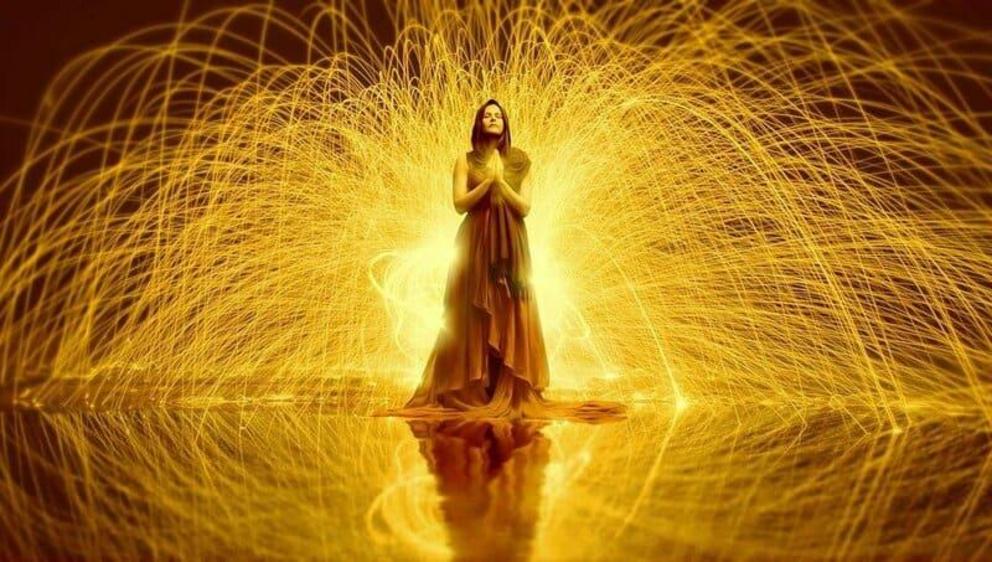
Here are some other questions you might have about this powerful experience on the spiritual journey:
What happens after kundalini awakening?
Usually, there is a period of long integration after the kundalini awakening experience. In other words, it takes a while for the mind, heart, and soul of a person to fully comprehend what they’ve been through and translate that into daily life. For some (extremely) rare people, kundalini awakening results in liberation from the separate self and the realization of non-dual awareness (also known as ‘enlightenment’).
How to have a kundalini awakening?
There are many methods out there that help to stimulate kundalini energy. Most involve either Tantric and/or Yogic practice. Visualization, plant medicines (like psilocybin mushrooms and ayahuasca), certain breathwork techniques, belly dancing, and meditations also help to awaken kundalini energy. But remember to always be gentle, go slowly, and know what you’re doing. Kundalini energy is powerful and not to be messed around with.
How long does kundalini awakening take?
The answer is that it varies for everyone. Some people experience the awakening of kundalini early on their spiritual path (indeed, for some it actually triggers the spiritual search). For others, kundalini awakens after many years of spiritual practice. There is no set in stone rule here: it depends on your unique energetic blockages, destiny, soul, and many other factors.
***
As the kundalini awakens, you naturally become aware of your true nature, the nature of God, and the purpose of your existence. It is an accelerated path to God-Realization, and can create many extraordinary experiences and realizations. – Steven Sadleir (Looking For God)
Kundalini awakening can happen gradually and subtly or explosively and rapidly on our spiritual awakening journeys. Known as the Serpent Power, the Inner Woman, and the essence of Shakti, kundalini energy can be a force of tremendous awakening or deep enslavement. The key is to be mindful, practice spiritual discernment, trust in your soul’s strength, and seek help where needed.
Remember that the ultimate purpose of kundalini is to dissolve the inner knots that keep you small and limited, helping you to awaken to your Eternal, Primordial, True Nature.

